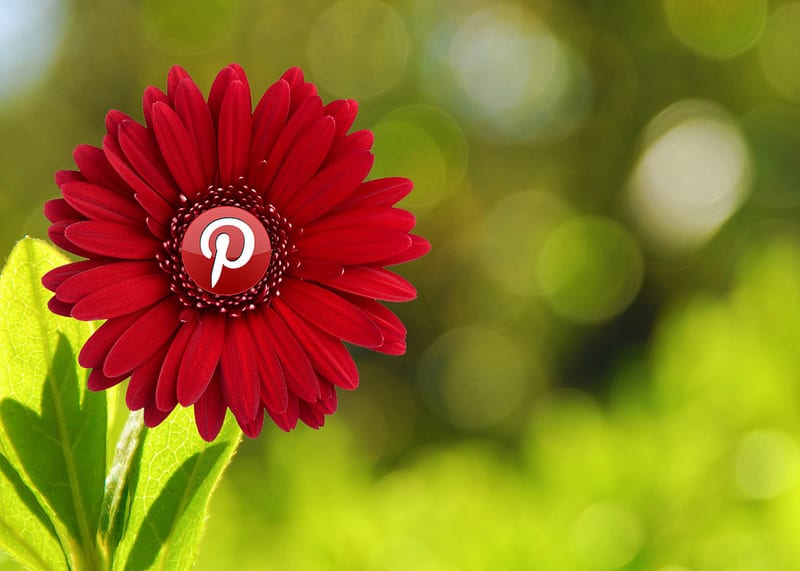‘Pinteresting’ effect of advertising, promoted posts on users

How will the integration of advertising affect dedicated users of the popular social media site, Pinterest? Only time will tell.


“I’ve got my wedding pretty much planned,” joked Molly Scott, a senior studying psychology at the University of Tennessee. “I’ve just got to get someone there with me to stand and pose for pictures.”
Scott, like most of her friends, plan their weddings, decide what to eat for dinner, plot their next workout and make fashion decisions largely based on Pinterest, a pin-board style website built around photo sharing. Users create themed “boards” of image collections based on their individual interests by “re-pinning” photos posted by other users, which they share with friends and followers. Pinterest users can also choose to link their accounts to other social media sites like Facebook and Twitter.
Up until now, Scott has been using an advertisement-free Pinterest. But on Sept. 19, the website announced via email they will soon begin “experimenting with promoting certain pins from a select group of businesses.” In short, they are going to start advertising.
Dedicated users don’t have to worry just yet. Ben Silbermann, Pinterest’s co-founder, promised these promoted pins would be tasteful, transparent, relevant and based solely on user feedback.
“Nobody’s paying for anything yet,” he said in his email. “We want to see how things go.”
Pinterest already has unlimited marketing potential and success amongst it’s users, who are mostly women ranging in age from 18 to 64 with moderate to high incomes, according to Pew data.
“Pinterest makes me want things,” said Lori Baine, a homemaker and mother of three from a suburb of Knoxville. “Every time I get on, I see something that I like that I don’t have.”
The pressure to spend is also felt by Morgan Mock, a senior studying accounting at UT. “It makes me realize how much money I don’t have,” she lamented. “I’ve done some of the recipes and crafts on Pinterest, and it’s so expensive.”
Pinterest is not the only social media site attempting to move into the realm of advertising. In fact, it is close on the heels of Facebook’s recent acquisition, Instagram, a smart phone app that allows users to share, “like” and comment on photos and videos with friends. Success in this process is also possible, with established sites like Facebook leading by example.
“I think Facebook is doing it best,” said Dave Delaney, digital media consultant from Nashville and author of the book, New Business Networking. “They’re always testing and they annoy people here and there. At the same time, because they’re always testing, they’re finding new ways [to advertise]. They haven’t just created something and left it on it’s own … they’re constantly innovating, and that’s good to see.”
Marketing and promotion are not new to Pinterest, and there are many tools businesses can utilize, like brand or businesses accounts and contests or giveaways that easily reach customers. The question is how Pinterest will put a dollar sign on these services without offending their users.
“All social media sites have to be careful with how much advertising they allow to leak through because they need users to view the ads and interact with the ads by clicking through or pinning something promotional,” Delaney said. “At the same time, if you clutter or ruin the experience for the user, then they’re going to abandon ship and go somewhere else.”
Delaney said it’s about where the promoted content will appear, how it appears and if it is consistent and constructive to users. Not to mention, advertising is just part of the experience.
“It’s good to consider … how users, who are mostly women and are primarily middle to upper class, are used to being bombarded with advertisements,” he said. “Pick up any women’s magazine, 80 percent of it is ads. Go to any ‘mommy’ blog, and those are usually ad supported. I think women – actually more so than men – are used to seeing constant advertising everywhere aimed at them.”
Lucky for Pinterest, they also hold a major bargaining chip in the equation: their service.
Delaney said one important fact users can think about if they are agitated with the addition of ads is to “think about it and say, ‘Well, you know what, Pinterest is free.’ You have to deal with the advertising so you can have a free tool like Pinterest.”
At least for now, many users are unconcerned with the upcoming changes. They are just going to keep pinning as usual.
“I can’t really say if I’ll like it because I haven’t seen what it will look like yet,” Mock said. “If I like it, I’d re-pin it anyways.”
Edited by Jennifer Brake



